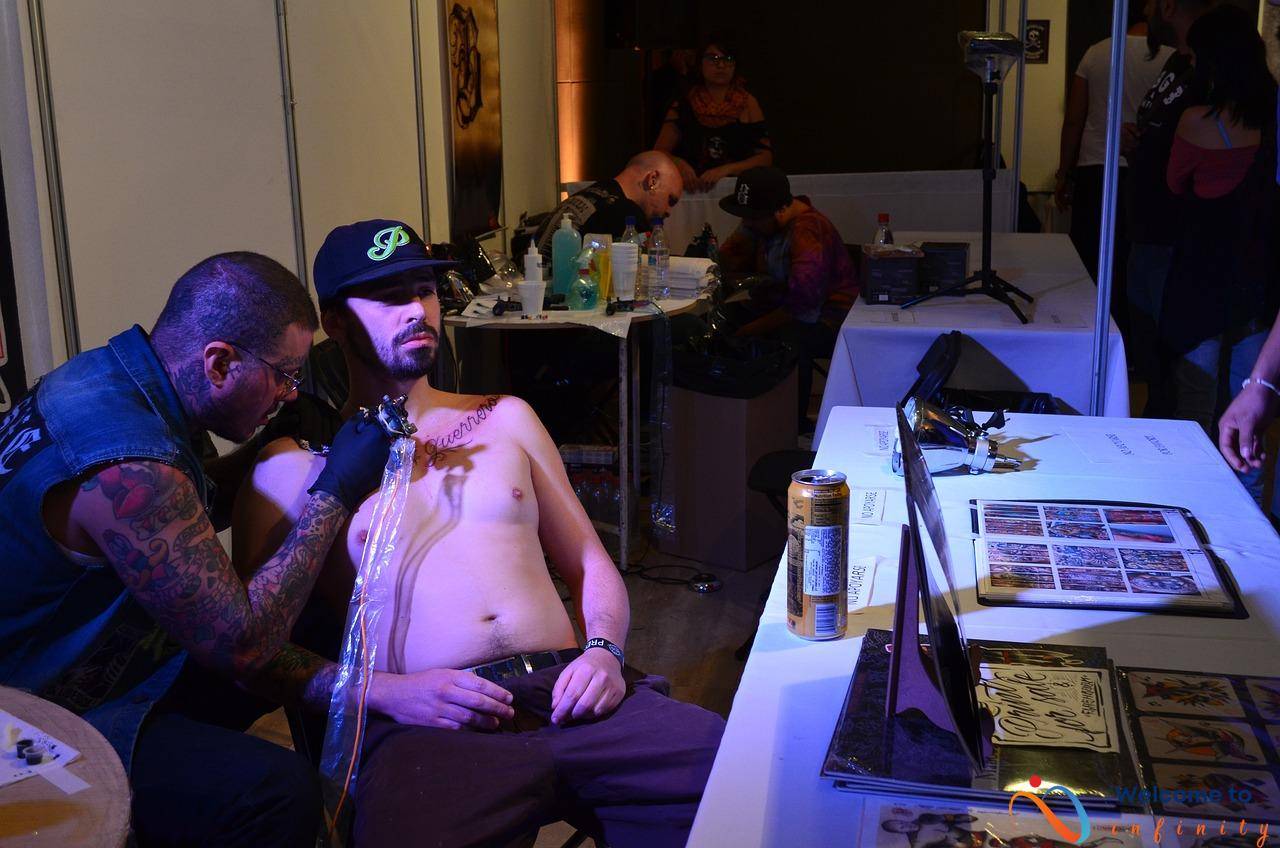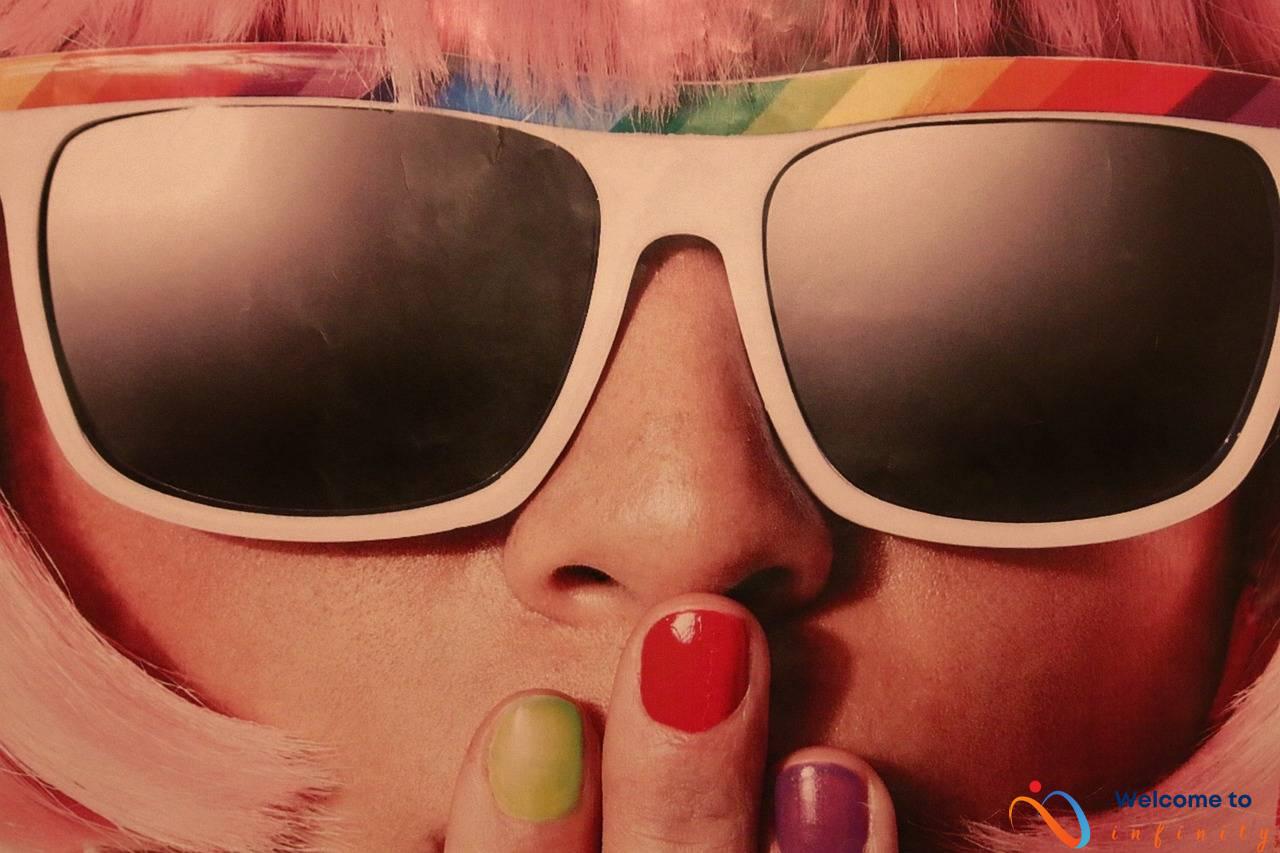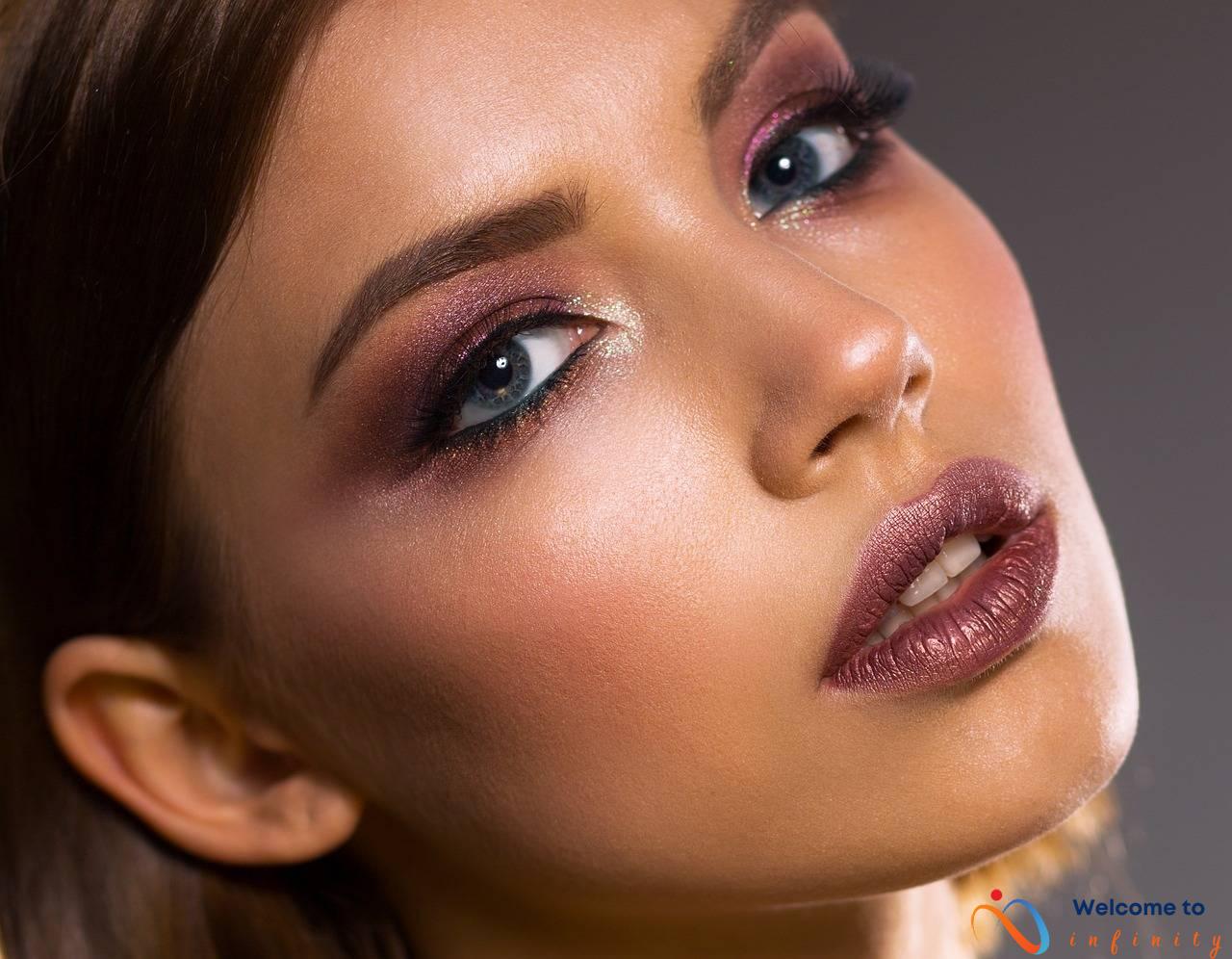Acne can be a challenging issue to deal with, but proper treatment can make a significant difference in achieving clear skin. However, maintaining clear skin after acne treatment can be just as tough. Fortunately, with the right routine and lifestyle habits, you can extend the results of your acne treatment and keep your skin looking its best. In this article, we will offer tips and advice on how to maintain clear skin after acne treatment.
The first step to maintaining clear skin after acne treatment is to establish a skincare routine that meets your skin's needs. Your routine should consist of gentle yet effective products that won't irritate your skin. Look for products that are noncomedogenic, meaning they don't clog pores, and avoid harsh scrubs or exfoliants that can damage your skin. It's also essential to cleanse your skin thoroughly twice a day to remove any dirt, oil, or makeup that may have accumulated on your skin. Finally, never forget to moisturize your skin daily to keep it hydrated and prevent dryness.
Your diet plays a significant role in your skin's health and can directly affect acne and other skin conditions. Incorporate foods rich in essential fatty acids, such as salmon, avocado, and nuts, as they help keep your skin hydrated and healthy. Also, load up on vegetables and fruits, especially those high in antioxidants like berries, which can help reduce inflammation in your skin. On the other hand, try to avoid foods high in sugar and unhealthy fats, as they can cause breakouts or exacerbate existing acne.
Drinking enough water is essential for maintaining good skin health. Water helps to flush out toxins from your body, keeping your skin looking clean and clear. However, if plain water isn't appealing to you, try infusing it with fresh fruits or herbs for a flavorful twist. Teas and coconut water are also great hydration options.
Regular exercise can enhance blood flow to your skin, delivering vital nutrients and oxygen. Additionally, exercise can help to regulate hormone levels, reducing the risk of acne breakouts. Incorporating a variety of workouts, such as yoga and cardio, can help improve your skin's overall health and appearance.
Prolonged stress can trigger acne and other skin conditions by increasing inflammation and releasing hormones that can cause skin sensitivity and oiliness. Therefore, managing stress levels is essential to maintaining clear skin. Consider incorporating stress-reducing activities, such as meditation and deep breathing exercises, into your daily routine.
Protecting your skin from harmful UV rays is essential to maintain healthy skin. Sunscreen with a broad-spectrum SPF of 30 or higher is a must-have in your skincare routine. It's also crucial to wear protective clothing, such as long-sleeved shirts and hats, and avoid prolonged sun exposure during peak hours.
In conclusion, maintaining clear skin after acne treatment is possible with a consistent routine and healthy lifestyle habits. By following the tips listed above and caring for your skin daily, you can preserve the results of your acne treatment and have healthy, radiant skin.
Find the right skincare routine
If you want to maintain clear skin after acne treatment, finding the right skincare routine is essential. The first step is to identify your skin type, which can be oily, dry, sensitive, or a combination. Once you know your skin type, you can start looking for products that are appropriate for you.
When choosing skincare products, the ingredients are crucial. Look for products that contain gentle, non-irritating ingredients like salicylic acid or benzoyl peroxide if you suffered from acne. For those with sensitive skin, seek products with natural and organic ingredients like aloe vera. It's also crucial to use products that are specially formulated for your skin type.
After you have selected your products, the next step is to develop a consistent skincare routine. This routine should consist of 4 essential steps: cleansing, toning, moisturizing, and sunscreen. You want to cleanse your skin twice a day, in the morning and at night, or immediately after sweating. Scrubbing or rubbing too hard can damage your skin, so be gentle.
- Use a gentle cleanser such as Cetaphil or Cerave
- Follow up with a toner like Witch Hazel or Hyaluronic acid to balance your skin's pH level
- Moisturize your skin with an oil-free or water-based lotion
- Apply a non-comedogenic or oil-free sunscreen with an SPF of at least 30 before going outdoors
Remember, each person's skin is unique, and what works for one may not work for another. It's important to develop a personalized routine that works for you and stick to it religiously. Consistency is the key to success.
In conclusion, finding the right skincare routine is fundamental to maintaining clear skin after acne treatment. By identifying your skin type, selecting appropriate products, and developing a consistent routine, you can help prevent future breakouts and keep your skin looking healthy and radiant.
Eat a healthy diet
When it comes to maintaining clear skin after acne treatment, diet plays an important role. What you eat can significantly impact your skin's health. A healthy diet should include foods that are rich in essential nutrients and vitamins that are beneficial to your skin.
The following foods should be incorporated into your diet to promote clear skin:
- Fruits and vegetables- They are an excellent source of antioxidants and vitamins that promote healthy skin. Include foods such as berries, carrots, spinach, and kale in your diet.
- Omega-3 rich foods- Eating foods like fatty fish, walnuts, and soy can help to reduce inflammation and keep skin cells healthy.
- Whole grains- Incorporating whole grains such as brown rice, quinoa, and whole wheat bread in your diet can help regulate blood sugar levels, reducing the risk of acne breakouts.
- Probiotic foods- Eating foods that contain probiotics like yogurt and fermented foods can help to balance your gut's microbiome, helping promote healthy skin.
On the other hand, some foods can be harmful to your skin and should be avoided. These include:
- Sugary and processed foods- Avoid consuming sugary drinks, candies, and junk food, which can cause inflammation and breakouts.
- Dairy products- Dairy products are known to lead to acne breakouts, and you may want to consider avoiding or reducing your consumption of milk, cheese, and other dairy products.
- Alcohol- Drinking too much alcohol dries out your skin and makes it appear dull, increasing the risk of wrinkles and fine lines.
By making simple changes to your diet, you can improve your skin's health and reduce the risk of acne breakouts. So, make sure to incorporate nutrient-rich foods and avoid harmful foods for optimal skin health.
Stay hydrated
Staying hydrated is an essential aspect of achieving healthy and clear skin. Drinking enough water throughout the day is a must, but not all liquids help nourish your skin. Sugary drinks and caffeinated beverages can lead to dehydration, which, in turn, results in dull and dry skin.
The best drinks for healthy skin are those that contain hydrating and nourishing ingredients. Coconut water is an excellent hydrating drink that contains electrolytes and vitamins that help flush out toxins from the body and keep your skin looking bright and fresh. Green tea is another great option, as it is packed with antioxidants that reduce inflammation and protect against free radicals that can damage your skin.
In addition to coconut water and green tea, incorporating fresh juices into your routine can be a game-changer. Juices that contain fruits and vegetables like cucumber, watermelon, and berries provide vitamins and minerals that help to repair damaged skin. These juices also act as a natural toner, balancing the pH levels of your skin and preventing acne breakouts.
It's essential to limit the intake of sugary drinks and alcohol, as they cause dehydration and can result in breakouts and premature aging. When it comes to hydrating your skin and maintaining its health, sticking to natural and non-sugary drinks is always a better choice. Remember, what you drink matters just as much as what you put on your skin.
Exercise regularly
Regular exercise is crucial for maintaining overall health and well-being, and it can also have a positive impact on your skin's appearance. When you exercise, your body produces endorphins, which can reduce stress levels and help regulate hormones, both of which can lead to fewer breakouts.
Additionally, exercise increases blood flow and delivers oxygen and nutrients to the skin, which can improve your complexion and give your skin a healthy glow. Sweating also helps to flush out impurities and toxins from the skin, which can reduce the risk of breakouts and other skin problems.
If you're looking to incorporate exercise into your routine to boost your skin's health, there are countless workouts to choose from. From low-impact activities like yoga and walking to high-intensity workouts like strength training and running, there is something for everyone.
One option to consider is incorporating outdoor activities into your routine. Exposure to sunlight triggers the body's production of vitamin D, which has been shown to have anti-inflammatory properties and can help improve skin tone. Biking, hiking, and swimming are all great outdoor activities that can provide both exercise and sun exposure.
Ultimately, the key to reaping the skin benefits of exercise is to find something that you enjoy and that you can commit to doing regularly. Aim for at least 30 minutes of exercise most days of the week, and be sure to stay hydrated before, during, and after your workout to keep your skin looking its best.
Manage stress levels
Stress can wreak havoc on your skin, causing acne breakouts and other skin issues. That's why it's crucial to manage stress levels effectively. Here are some techniques for reducing stress and improving your skin's health:
- Meditation: Regular meditation can help reduce stress and anxiety levels, leading to clearer and healthier-looking skin.
- Exercise: Physical activity releases endorphins, which can help alleviate stress and improve your overall mood. Incorporating workouts into your routine can help reduce stress levels and improve skin health.
- Adequate sleep: Getting enough sleep, usually seven to eight hours per night, can help lower stress levels and improve skin health. Lack of sleep can lead to increased stress levels and exacerbate skin issues, including acne.
- Stay organized: Staying organized can help lower stress levels as it helps you better manage tasks and time. Allocate specific times for activities to promote better time management and reduce stress
Reducing stress levels is vital to achieving clear and healthy-looking skin. Try these techniques and see how they work for you. However, if stress management is not improving your skin health, it is recommended to visit a dermatologist for further evaluation.
Protect your skin from the sun
Sun exposure can cause skin damage, including age spots, wrinkles, and skin cancer. To protect your skin from the harmful effects of the sun, it's crucial to take precautions. Here are some essential tips to keep in mind:
- Use sunscreen: Apply a broad-spectrum sunscreen with an SPF of at least 30 every day, even on cloudy days. Reapply every two hours or more often if you sweat or swim.
- Avoid peak sun hours: The sun's rays are strongest between 10 a.m. and 4 p.m. Stay in the shade during these hours if possible.
- Wear protective clothing: Cover your skin with clothing, a wide-brimmed hat, and sunglasses to protect your face, neck, and eyes from the sun.
- Avoid tanning: Tanning beds and sunlamps can cause skin damage just like the sun. Avoid using them.
- Check your skin regularly: Keep an eye out for any changes in your skin's appearance, such as a change in color, size, or shape of a mole. See a dermatologist if you notice any suspicious spots.
By following these simple steps and making sun protection a priority, you can enjoy healthy, glowing skin for years to come. Don't forget that protecting your skin in the sun is crucial, so always take precautions whenever you spend time outdoors.












